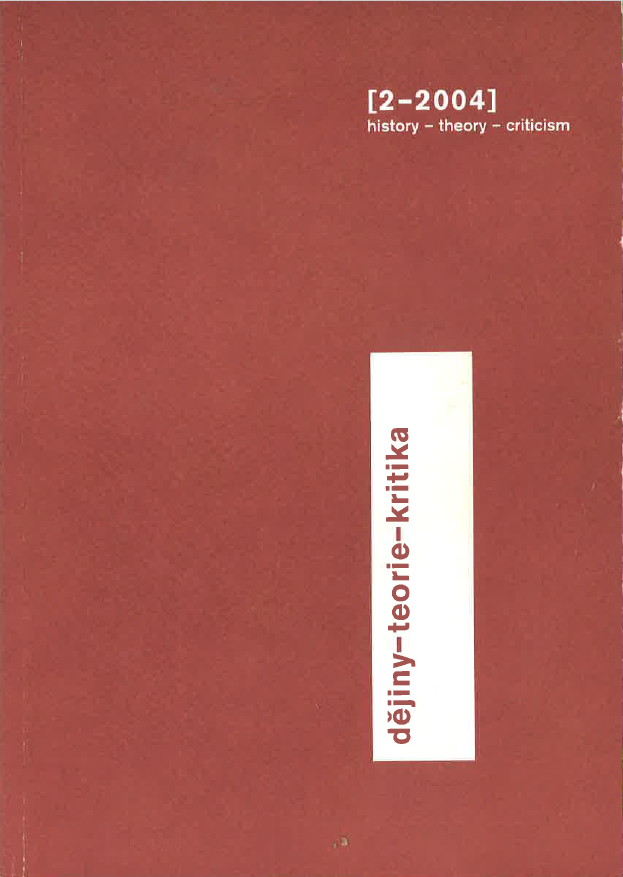What Can "Philosophy" Mean in What is Known as the "Philosophy of History
DOI:
https://doi.org/10.14712/24645370.3177Abstract
Taking an overview the evolution and transformations of what is known as "philosophy of history" from Voltaire to the present, this article looks at the question of the content and functions of "philosophy" (and theoretical-philosophical thought) in historiography as a whole and in the specific, often challenged discipline of "the philosophy of history" in particular. This makes it possible to get over the Simmelian dualism of the "content-related" and "theoretical-methodological" understanding of the "philosophy of history" and at the same time to distinguish between three paradigms that gradually emerge as we define philosophy: the ontological, the mentalistic and the linguistic. They differ from each other by their realistic, constructivist and communicative perspecive, by having different concepts of historical fact, different intellectual themes of historical investigation and also different conceptions of truth ("unconcealment / alétheia, "necessity and validity", freedom from logical contradiction or communicative competence) and so on, and they can be personified in different figures (e.g. Ranke – Weber – White). In the thematisation of the subject of philosophy of history (and the meaning of history) as a certain unifying interpretative (or even normative) perspective on vision of the historical process, the author sees the possibility of reopening the discussion on the frontiers of radical constructivism, historical relativism and the cognitive possibilities of cultural history.


